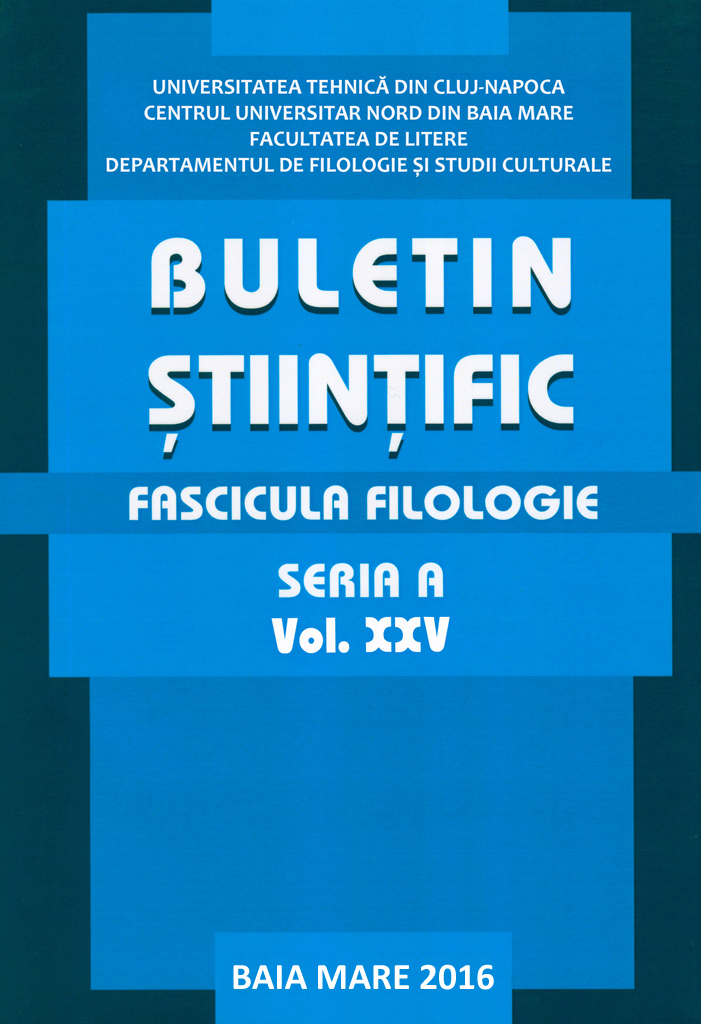IDENTITATE ŞI UITARE ÎN
CARTEA RÂSULUI ŞI A UITĂRII DE MILAN KUNDERA
IDENTITY AND FORGETTING IN
THE BOOK OF LAUGHTER AND FORGETTING BY MILAN KUNDERA
Author(s): Marcela-Cristina OţoiuSubject(s): Language and Literature Studies
Published by: Editura U. T. Press
Keywords: forgetting; memory manipulation; identity; remembrance; laughter; amnesia;
Summary/Abstract: Forgetting as a phenomenon lies at the very core of Milan Kundera’s novel The Book of Laughter and Forgetting. Forgetting may range from benign natural forms at individual level to malignant forms of total exclusion at the level of totalitarian societies.As they forget several episodes of their personal lives, the novel’s characters also have trouble defining their own identities. The various forms of forgetting in Kundera’s novel culminate with the failure of Tamina’s anamnesis, when she turns to be unable to rebuild the memorial temple of her love, which will trigger the dissolution of her identity awareness.In this narrative set in communist-run Czechoslovakia, compulsory glee is a form of what Kundera calls ”the angelic laughter,” a joyless, irresponsible and ultimately guilty laughter, that compels the individuals to enlist in the ”round dance” and thus to become participants in generalized collective amnesia.Conversely, even when characters merely forget names – whether as a result of aphasia or of political pressure – their personal identities become equally atomized. This is, as we will show, because in Kundera’s novel, the individuals’ instances of forgetting are never just isolated incidents, but they actually echo the web of amnesia spun around them by the totalitarian society they live in.
Journal: Buletin Stiintific, seria A, Fascicula Filologie
- Issue Year: XXV/2016
- Issue No: 1
- Page Range: 225-235
- Page Count: 11
- Language: Romanian

